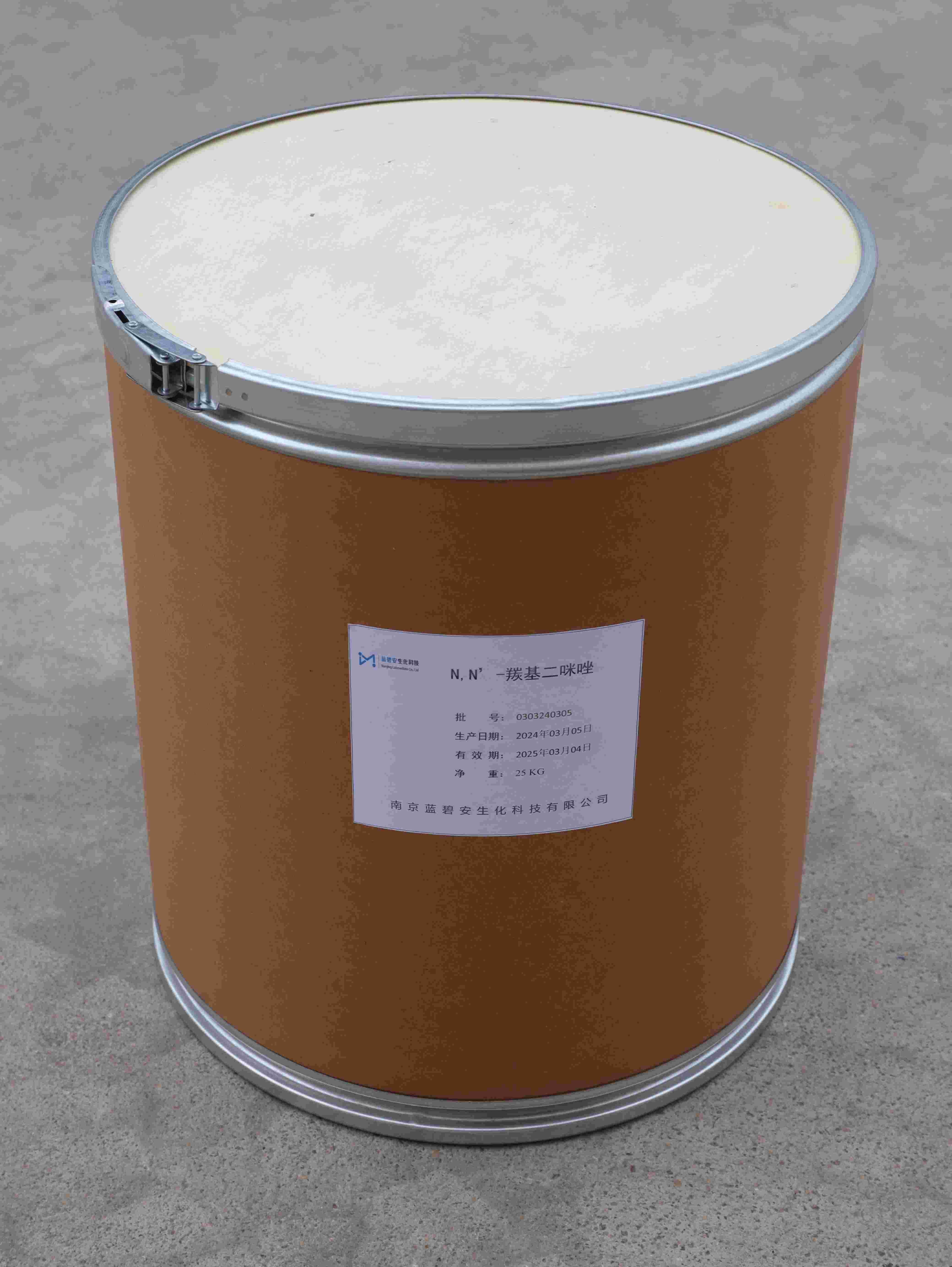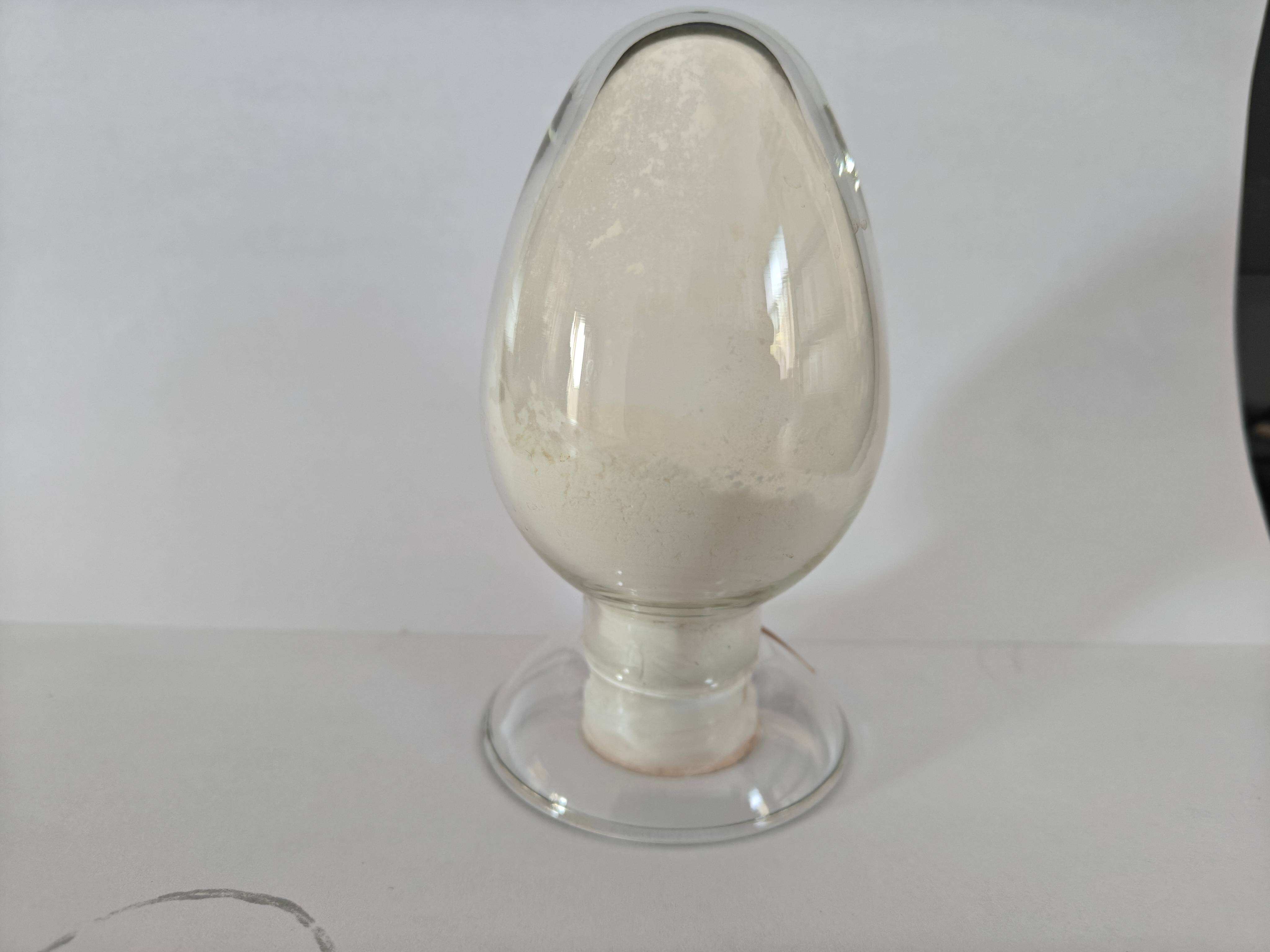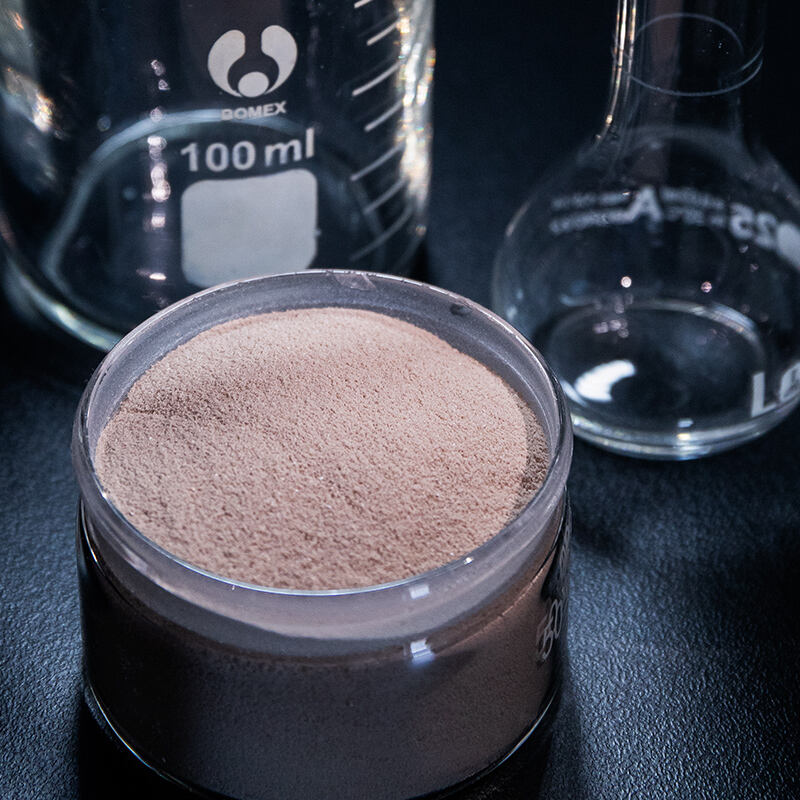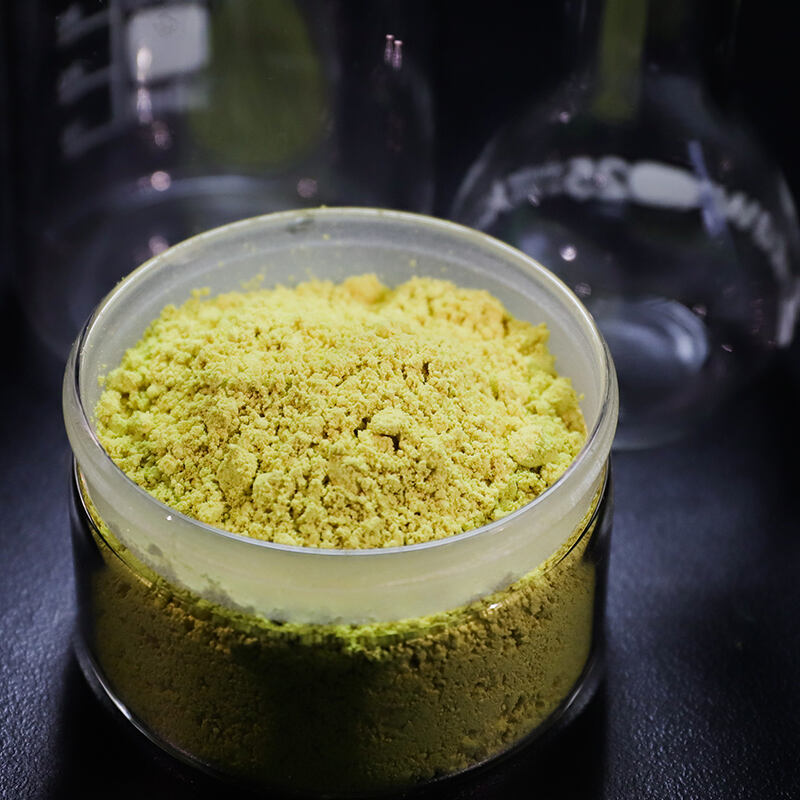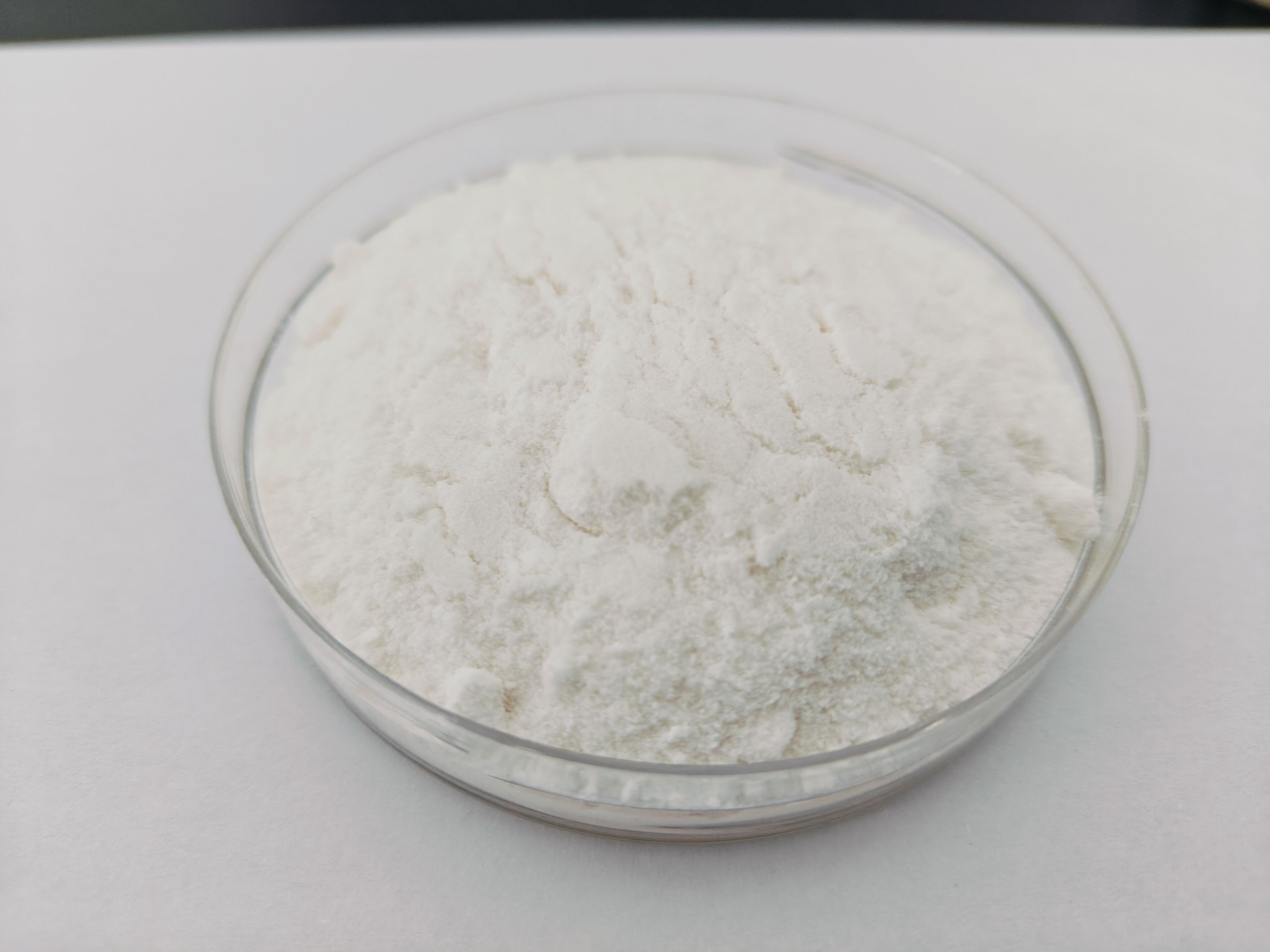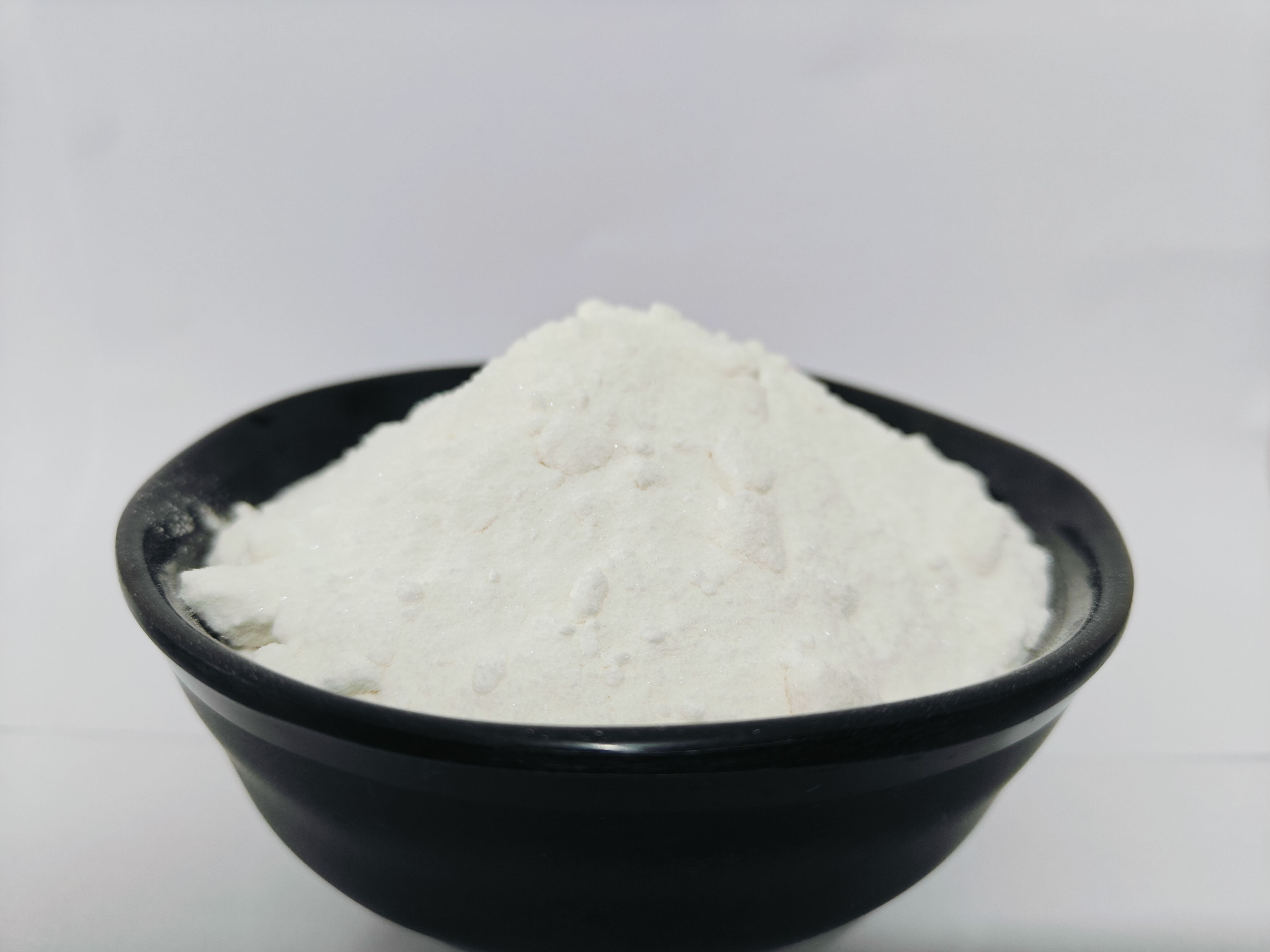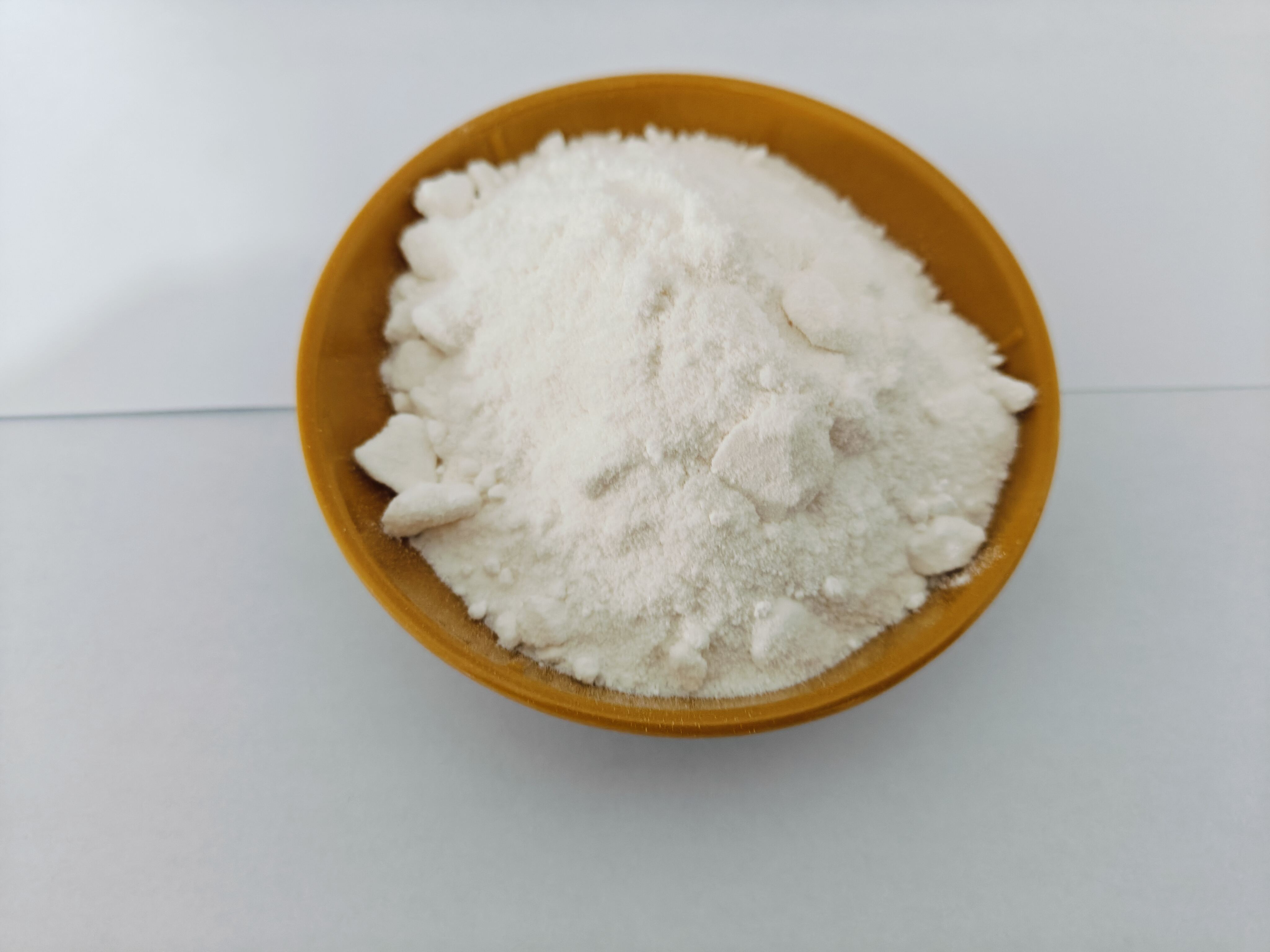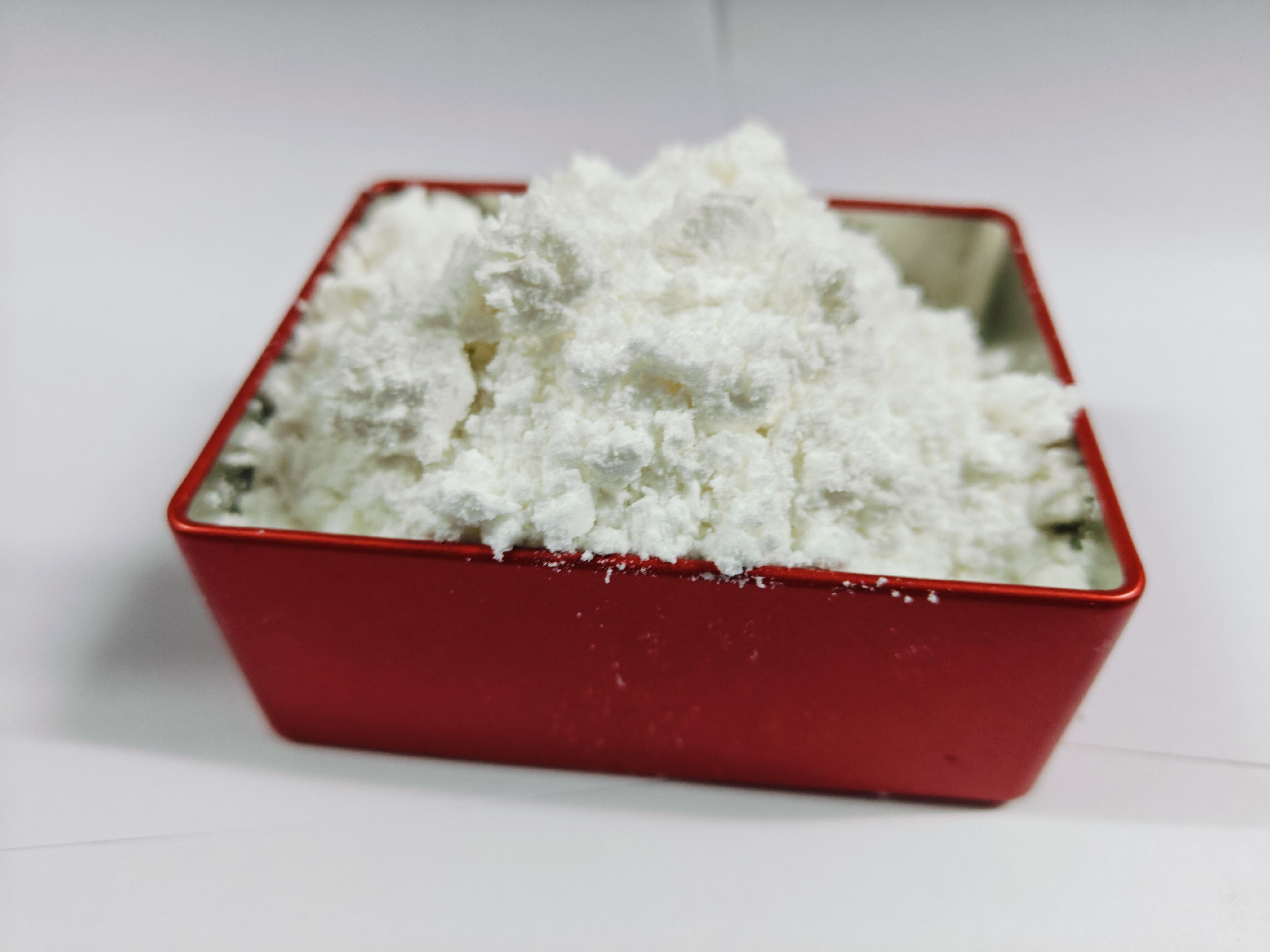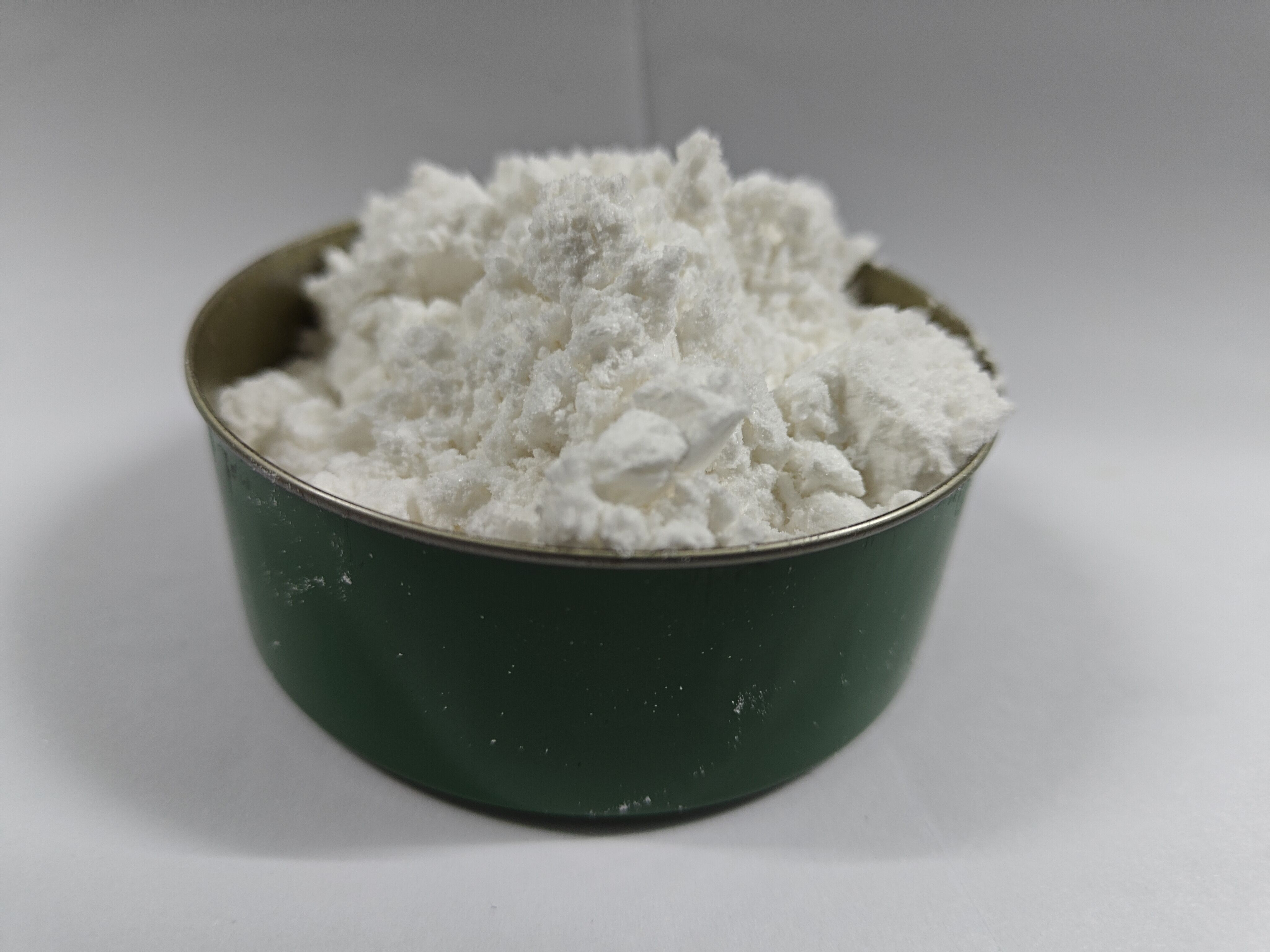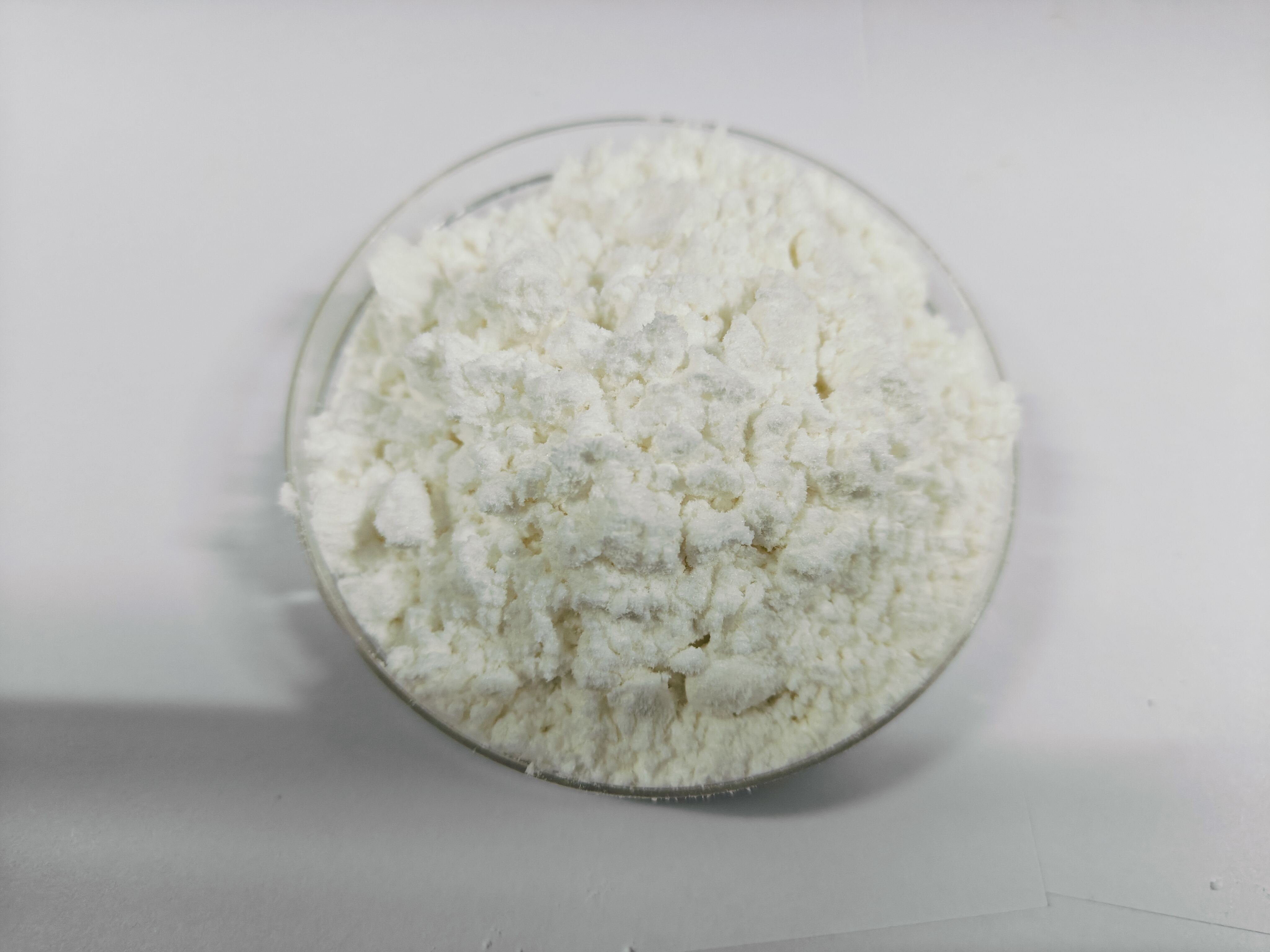carbonyldiimidazole coupling mechanism
Carbonyldiimidazole (CDI) coupling mechanism represents a powerful and versatile synthetic method in organic chemistry, serving as an essential tool for forming amide bonds and other important chemical linkages. This coupling reagent facilitates the activation of carboxylic acids through the formation of highly reactive intermediates, enabling efficient bond formation under mild conditions. The mechanism involves the initial reaction of CDI with a carboxylic acid, forming an acylimidazole intermediate, which subsequently reacts with amines or other nucleophiles to form the desired products. The technology features exceptional selectivity and compatibility with various functional groups, making it particularly valuable in pharmaceutical synthesis, peptide chemistry, and polymer science. In industrial applications, CDI coupling has become indispensable for the production of pharmaceuticals, agrochemicals, and specialty chemicals, offering high yields and clean reaction profiles. The mechanism's versatility extends to the synthesis of esters, thioesters, and other important chemical bonds, while its mild reaction conditions help preserve sensitive functional groups and prevent unwanted side reactions.

